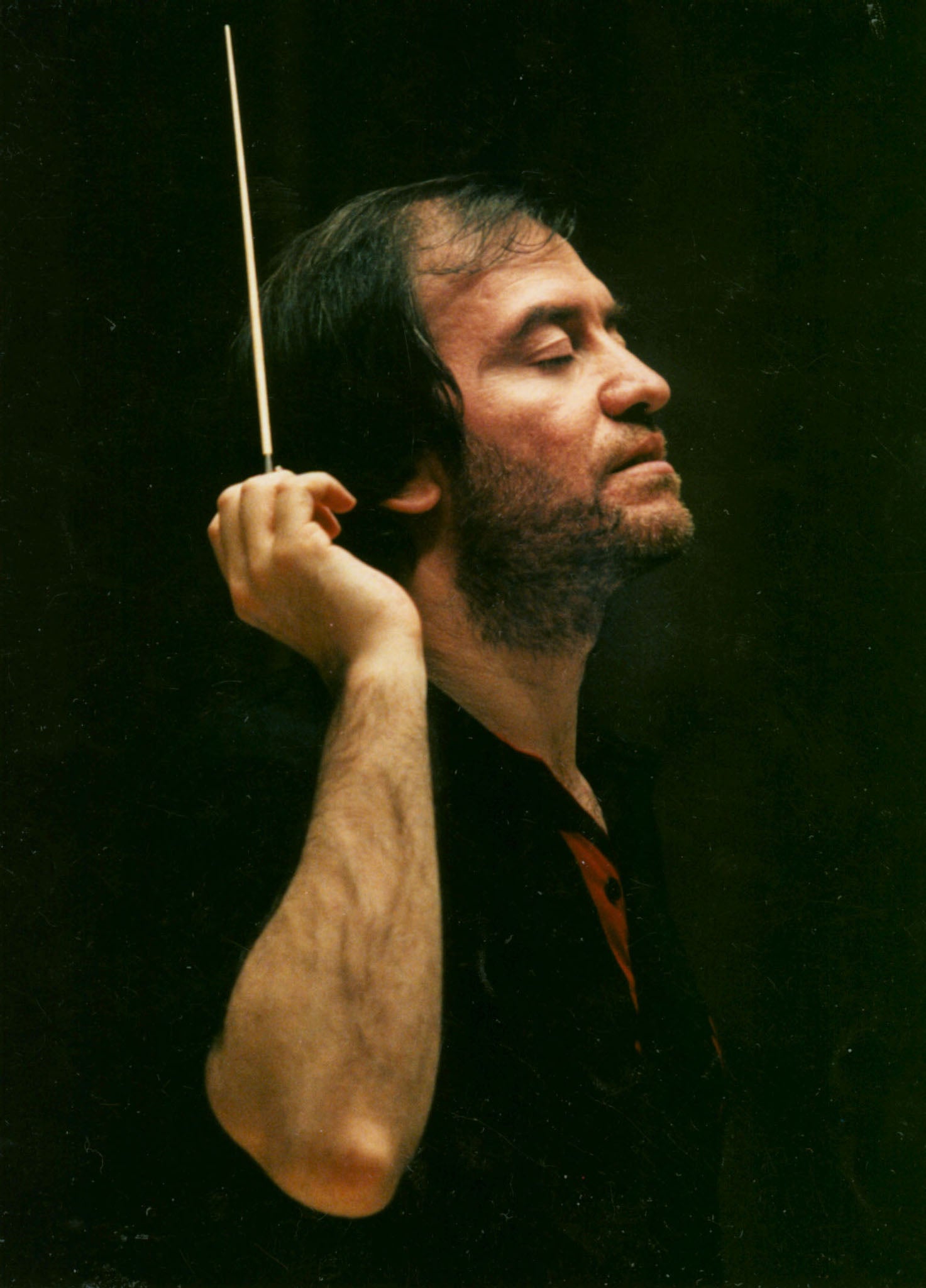Denis Matsuev, Kavakos, LSO, Valery Gergiev, Barbican, London

Your support helps us to tell the story
From reproductive rights to climate change to Big Tech, The Independent is on the ground when the story is developing. Whether it's investigating the financials of Elon Musk's pro-Trump PAC or producing our latest documentary, 'The A Word', which shines a light on the American women fighting for reproductive rights, we know how important it is to parse out the facts from the messaging.
At such a critical moment in US history, we need reporters on the ground. Your donation allows us to keep sending journalists to speak to both sides of the story.
The Independent is trusted by Americans across the entire political spectrum. And unlike many other quality news outlets, we choose not to lock Americans out of our reporting and analysis with paywalls. We believe quality journalism should be available to everyone, paid for by those who can afford it.
Your support makes all the difference.Unveiling plans for his new Mariinsky theatre, vociferously backing Putin over Pussy Riot, and popping up as an improbable Father Christmas on Radio 3, Valery Gergiev has been hard to ignore this week. But his current exploration with the London Symphony Orchestra continues.
He’s presenting the symphonic works of Brahms in tandem with those of the Polish composer Karol Szymanowski, whose dates – 1882-1937 – are necessary to place this shadowy figure’s music in the context in which it should be heard.
Born in the same year as Bartok and Stravinsky, Szymanowski didn’t enjoy their luxury of growing up in a vibrant symphonic tradition: Poland’s first professional orchestra was only founded in 1901, and Szymanowski had to look to Russia, France and Germany for his initial inspiration.
He found his own voice thanks to his immersion in Arabic and Polish poetry, and in the folk music of the Tatra mountains; his exotic blend of Oriental mysticism and highland dances found its fullest expression in his Third Symphony (‘Song of the night’), for which Gergiev and the LSO were joined by tenor Toby Spence in the first of this week’s concerts. The great world-sleep hymned by the Rumi poem which Spence intoned was bodied forth in swirling orchestral and choral lines, but it all owed rather too large a debt to Strauss and Skryabin.
Gergiev could not have chosen better soloists for Szymanowski’s Symphony No 4 - in effect a piano concerto – and for his Second Violin Concerto: Denis Matsuev is one of Russia’s most charismatic young pianists, and Leonidas Kavakos – son of a violinist, and grandson of a village fiddler – possesses a wonderfully Protean technique.
Matsuev made something bright and brilliant of the symphony’s remarkably Bartokian first movement, and brought a coltish energy to the tumultuous finale; Kavakos’s performance was typically commanding in the concerto, which emerged as an eloquent and noble work. But despite this admirable enterprise, I suspect Szymanowski will forever be overshadowed by Mahler, Skryabin, Schoenberg, and Bartok.
By taking his leave of us with Brahms’s Fourth Symphony, Gergiev unwisely revealed a blind spot, because this music is simply not his metier. I have never seen a conductor more visibly out of sympathy with his material, nor heard a more drably mechanical account of this supremely Romantic work: no drama, no poetry, gratingly crude dynamics – it could have been a first rehearsal.
Join our commenting forum
Join thought-provoking conversations, follow other Independent readers and see their replies
Comments